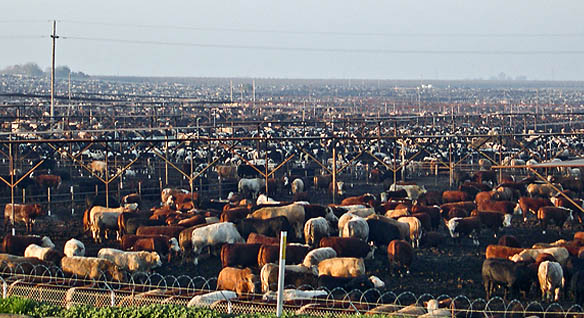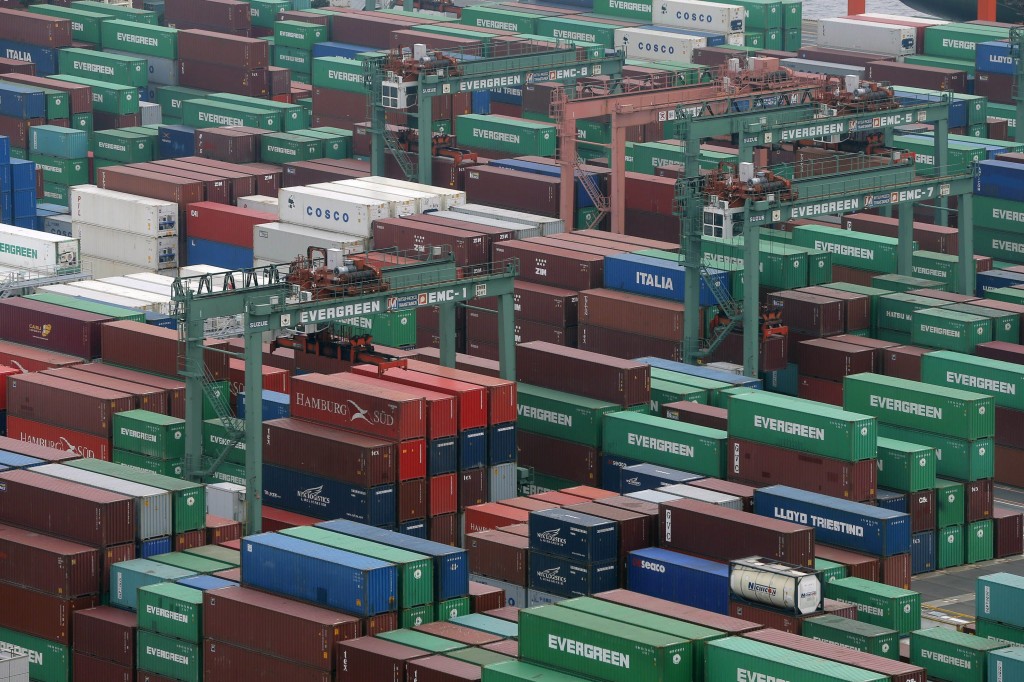I wrote a post last January on the agricultural implications of a British withdrawal from the EU (Brexit) for agriculture in the rest of the EU. Following submission of evidence to an Irish Parliamentary Committee on the implications of Brexit specifically for the Irish agri-food sector, I have developed the possible scenarios into a longer paper which can be downloaded here.
Although the discussion concentrates on the potential impact on the Irish agri-food sector, the early part of the paper discusses the possible alternative trade arrangements between the UK and the rest of the EU following a potential Brexit which might be of wider interest.… Read the rest
Two steps forward, one step back: coupled payments in the CAP
One of the success stories in the evolution of CAP reform has been the change from supporting the product to supporting the producer by moving, first, from market price support to coupled payments, and then by decoupling these payments.
The 2013 CAP reform has reversed this process. Coupled aids have started to grow again, from a projected €2.7 billion in 2014 to a projected €4.8 billion in 2015, an increase of nearly 75%. Their share of total direct payments will rise from 6.7% in 2014 to 11.6% in 2015. This step backwards was one of the negative outcomes of the recent CAP reform.… Read the rest
TTIP and the potential for US beef imports
Beef is generally considered to be a sensitive sector in the EU-US negotiations on a possible Transatlantic Trade and Investment Partnership (TTIP) agreement. Currently, imports of beef from the US are limited by high tariffs and by the refusal of the EU to allow the import of beef produced with the aid of pharmaceutical technologies such as hormones and beta-agonists (a class of non-hormonal compounds that act to increase feed efficiency).
Nonetheless, EU imports of non-hormone-treated beef from the US have been increasing in recent years. Different views have been expressed about the likely consequences for the EU beef market if market access were further liberalised under a TTIP agreement.… Read the rest
Forum for the Future of Agriculture 2015 – Remarks on EU agricultural trade policy
The 8th Forum for the Future of Agriculture (FFA2015) was held yesterday in Brussels. This annual meeting, organised jointly by the European Landowners’ Association and Syngenta, attracts around 1400 participants and has established itself as one of the principal fora for debate on the future of agricultural policy. What makes the event interesting is that it attracts a good number of participants from among farmers and the agri-business sector while also being open to environmental NGOs and others critical of current agricultural practices.
The theme for yesterday’s meeting was the UN Sustainable Development Goals and possible implications for EU agriculture, with contributions from both Commissioners Hogan (Agriculture) and Vella (Environment, Maritime Affairs and Fisheries).… Read the rest



